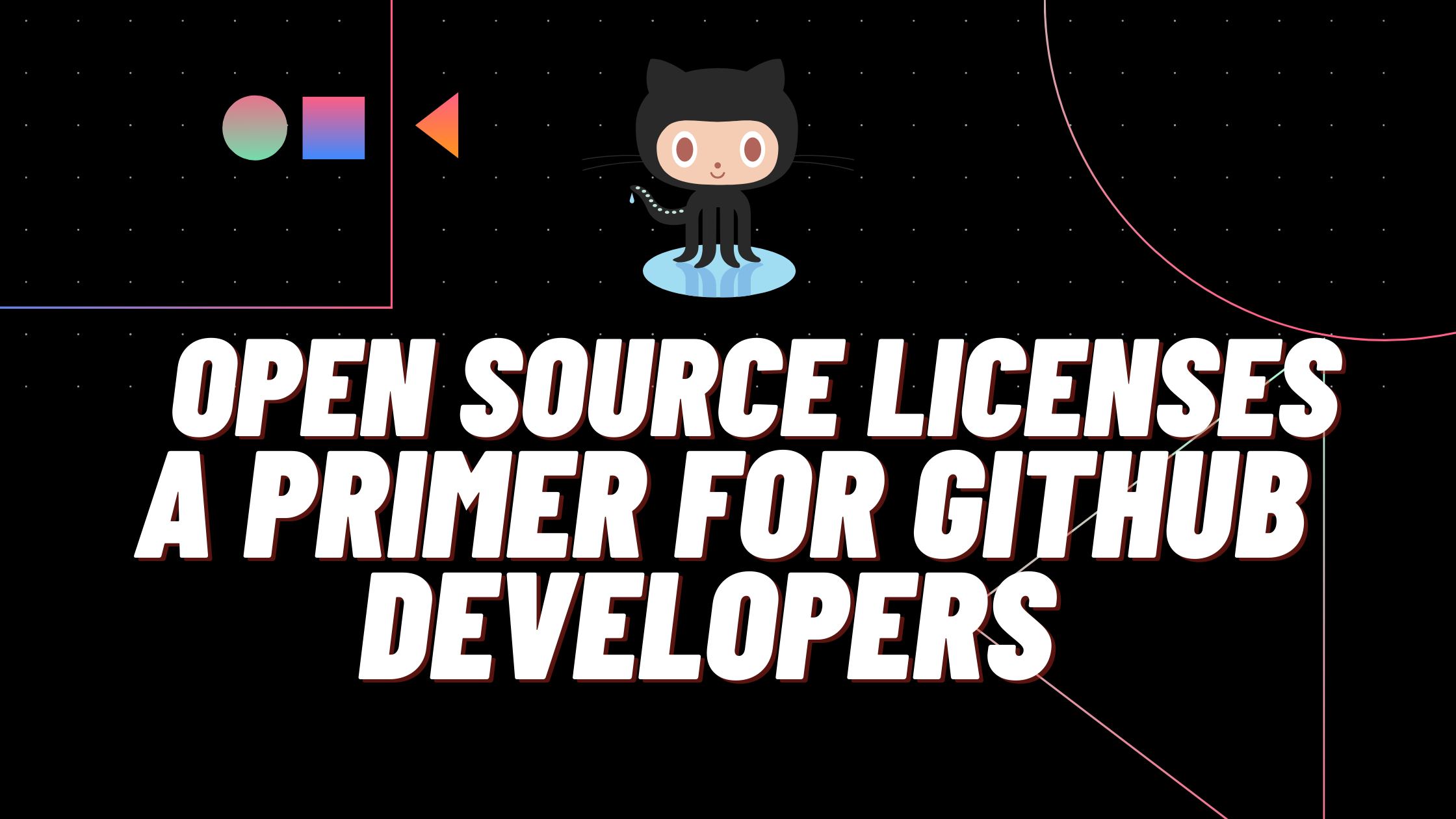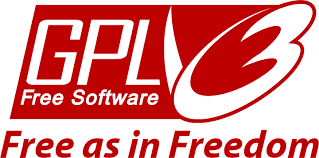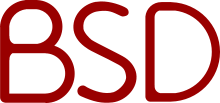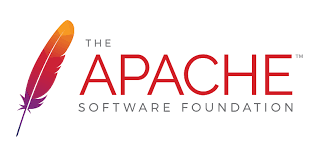Don't Get Caught in a License Trap: Choose the Right Open Source License for Your Project
 Ravi M Damor
Ravi M Damor
Introduction
Open source software is software that is released under a license that gives anyone the right to use, modify, and redistribute the software. This allows for collaboration and innovation among developers, and it has led to the creation of some of the most popular and successful software in the world.
Some of the most popular open-source software projects include the Linux operating system, the Apache web server, and the MySQL database. These projects have been used by millions of people around the world, and they have helped to drive innovation in the tech industry.
If you're creating a GitHub project, you'll need to choose an open-source license. There are many different licenses available, and each one has its own advantages and disadvantages.
Types of Open Source Licenses
There are two main types of open-source licenses: copyleft licenses and permissive licenses.
Copyleft licenses require that any derivative work of the software be licensed under the same terms as the original software. This ensures that the software remains free and open source. The most popular copyleft license is the GNU General Public License (GPL).

The GPL is a very powerful license. It ensures that the software remains free and open source, even if it is modified and redistributed by other people. This is because the GPL requires that any derivative work of the software also be licensed under the GPL.
The GPL is a good choice for projects that you want to remain free and open source. However, it is important to note that the GPL can be restrictive. For example, the GPL requires that the source code for the software be made available to anyone who wants it. This can be a challenge for projects that are not developed in the open.
- Permissive licenses do not require that derivative works be licensed under the same terms as the original software. This means that the software can be used for commercial purposes and the source code does not need to be released. Some popular permissive licenses are the BSD License, the MIT License, and the Apache License 2.0.
The BSD License is a very permissive license. It allows for commercial use of the software and it does not require that the source code be released. This makes the BSD License a good choice for projects that you want to be used in a commercial setting.

The MIT License is another permissive license. It is similar to the BSD License, but it has a few additional requirements. For example, the MIT License requires that the copyright notice be retained in any derivative works.
The Apache License 2.0 is a permissive license that is similar to the MIT License. It is also OSI-approved, which means that it is compatible with the Open Source Initiative's (OSI) definition of open-source software.

Choosing an Open Source License
The best way to choose an open-source license is to consider your project's goals. If you want to ensure that your software remains free and open source, then you should choose a copyleft license like the GPL. If you are okay with the commercial use of your software, then you can choose a permissive license like the BSD or MIT license.
You should also consider the legal implications of the license. Some licenses, like the GPL, can be more complex than others. If you are not sure which license to choose, you can consult with an attorney.
Additional Factors to Consider
In addition to the type of license, there are a few other factors to consider when choosing an open-source license:
The intended use of the software: If you are creating software that will be used in a commercial setting, then you may want to choose a license that allows for commercial use.
The compatibility of the license with other licenses: If you are using code from other projects, you will need to make sure that the licenses are compatible.
The future of the project: If you plan to continue developing the project in the future, you will need to choose a license that is flexible enough to accommodate changes.
Conclusion
Choosing an open-source license is an important decision. The license you choose will affect the way that your software can be used and modified. By considering your project's goals and the legal implications of the license, you can choose the best license for your project.
Additional Resources
The Open Source Initiative: https://opensource.org/
Choose a License: https://choosealicense.com/
The GPL FAQ: https://www.gnu.org/licenses/gpl-faq.html
The BSD License FAQ: https://opensource.org/licenses/bsd-license.php
The MIT License.
Thanks for reading ! Comment your thoughts and do react ❤️
Thank you... Follow me on Twitter See ya✌️.
Connect with me on Linkedin
Subscribe to my newsletter
Read articles from Ravi M Damor directly inside your inbox. Subscribe to the newsletter, and don't miss out.
Written by

Ravi M Damor
Ravi M Damor
Undergraduate in Computer Science.Ambitious and energetic person who has developed a mature and responsible approach to any task that I undertake or situation that I am presented with. I have excellent communication skills and can liaise with all manner of people. I have all-around General Knowledge and skills in administration and programming. Open Source enthusiast who has a basic good knowledge of Python, C++, and Java. Also a UI/UX Google Certified Designer. Curious to learn new things and skills which might be accompanied by some mistakes I have good time management skills and can work well under pressure to tight deadlines.